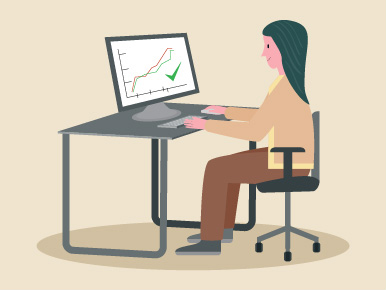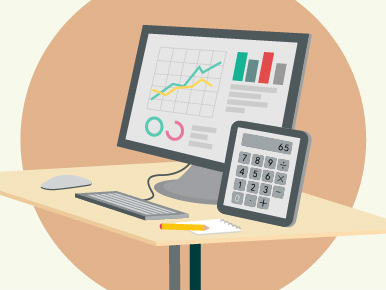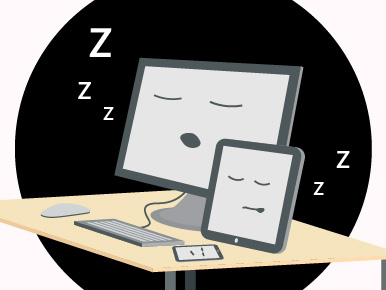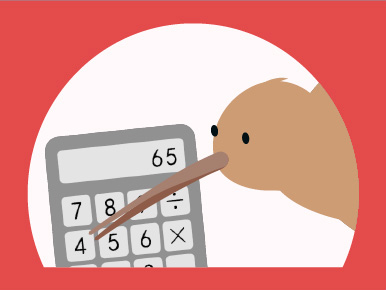Often, when we talk about “risk”, there’s a negative connotation.
But when it comes to investing, and your KiwiSaver plan in particular, risk can be your friend - and can help you achieve financial goals.
The key is to make sure you’re taking an appropriate level of risk for your personal circumstances.
Here’s what you need to know.
What’s “risk” in a KiwiSaver context?
When we talk about risk in an investing context, we’re usually referring to the prospect of losing money.
Generally, the more risk you take, the higher the likelihood your investment balance could drop, at least over a shorter term.
So that’s a bad thing?
Not necessarily.
Usually, higher risk investments also have the potential to deliver higher returns over the long run.
For example, having your money in a bank account is very low risk, but you’re generally not likely to make more than a few percentage points in interest each year. If the rate you receive does not keep up with the rate of inflation however, it can mean that your savings are going backwards, in real terms.
But investing in assets such as shares, which can lose value as well as gain, generally deliver a better return over the long run, and can be more effective protection against the effects of inflation.
Morningstar research shows that conservative KiwiSaver funds have returned an average 4.3% a year over the past 10 years, compared to 8.3% for aggressive funds, which are higher risk, with more of the funds invested into shares and property.
So how much risk is right?
It depends a lot on your personal circumstances.
If you’re investing over a shorter time horizon, maybe up to five years, you may find that a conservative KiwiSaver investment fund is the right fit.
If you plan to take your money out within a few months for a first home deposit, a very low risk fund could be the right place to put it, so there’s far less chance of ending up with less than you expect when it’s time to withdraw.
But if you have a longer time until you want the money, you may well decide that a growth or even aggressive fund is the right option for you. Investment commentators have estimated that the difference in outcome over an investing lifetime between a conservative and growth KiwiSaver fund can be hundreds of thousands of dollars.
Some people assume that as they get nearer 65, they should dial back their risk, but that’s not necessarily the case. If you won’t need your money for a decade, or even two, you may find you can afford to keep investing and take some risk.
Consider your personality
Another important thing to consider is your own personality.
Some people are ok with the prospect of their KiwiSaver balance going down from time to time, because they know it’s all part of investing. Others just find it too uncomfortable, even if they academically know what’s going on.
We saw this a bit in 2020, when a combination of the pandemic and the drop on the sharemarkets, caused some people to move their money to lower-risk funds, potentially missing out on significant recovery returns.
There are lots of calculators online that can help you work out what your investing risk profile might be, including LifeDirect’s tool in partnership with koura.
Want to know more?
Head online and check out our KiwiSaver comparison tool or drop us a line. We can also help with insurance questions across a range of types of cover. Find us at lifedirect.co.nz or 0800800400.
Disclaimer: Please note that the content provided in this article is intended as an overview and as general information only. While care is taken to ensure accuracy and reliability, the information provided is subject to continuous change and may not reflect current developments or address your situation. Before making any decisions based on the information provided in this article, please use your discretion and seek independent guidance.













